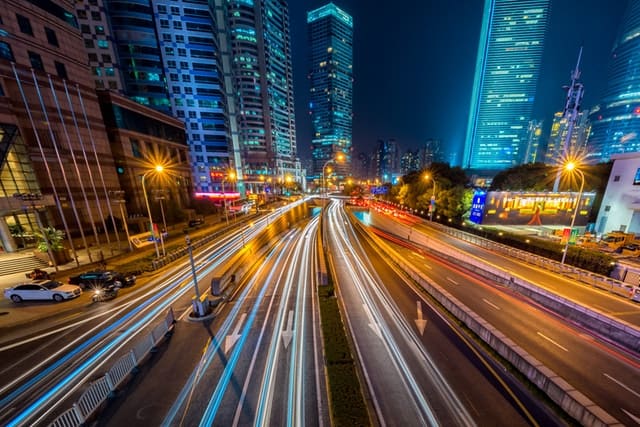Smart cities initiatives in the Asia-Pacific excluding Japan (APEJ) will reach $35.4 billion by 2019, an increase of 16.8% over the 2018 forecast, according to research firm IDC.
Data from IDC Worldwide Semiannual Smart Cities Spending Guide show that the combined spending from smart cities programs from Singapore, Beijing, Shanghai, and Seoul are expected to hit over $4 billion this year.
Of these four countries, China will account for the majority of the smart cities−related technologies investment spending in the region. In 2019, IDC said spending is projected to come from fixed visual surveillance
Meanwhile, Singapore is creating its own “digital twin” while South Korea has become one of the most internet of things (IoT)-connected country. Other countries such as India, Australia, and Indonesia governments are also taking steps to follow IoT adoption.
“As city governments shift from digitalizing siloed cloud-first endeavors to integrated and cross-agency hubs, interconnected ecosystems such as transport and public safety become increasingly demanded," said Gerald Wang, Head of Public Sector Research at IDC Asia-Pacific, in the news release.
Hardware represents the highest spending, accounting for nearly 40% of the overall smart cities-related spending in 2019, IDC said. Services is the second-largest technology group in terms of spending, followed by software and connectivity.
However, IDC predicts that the services spending is expected to overtake hardware spending by the end of the forecast with a five-year compound annual growth rate (CAGR) of 17.9% (2017-22).
The research firm also predicts that strategic priorities related to data-driven public safety, resilient energy and infrastructure, and intelligent transportation will bring in the largest part of spending in 2019. The combined spending of these use cases accounts for 40.7% of the overall investments in 2019.
“The top five use cases among leading strategic priorities that are driving smart cities investments are fixed visual surveillance, advanced public transit, intelligent traffic management, non-revenue water (NRW) management and smart outdoor lighting,” it said.
“The Asia Pacific is an epicenter of innovation, and governments are finally realizing and focusing their energy and investments on smarter technological choices so that cities across the region can manage growth and ever-increasing market opportunities,” said Swati Chaturvedi, Senior Market Analyst, IT Spending team at IDC Asia-Pacific.
“IDC expects APEJ’s regional spending to accelerate during the forecast period, as more cities and communities start adopting the better equipped, connected and sustainable model of living,” said Swati Chaturvedi, Senior Market Analyst, IT Spending team at IDC Asia-Pacific,” he added.



